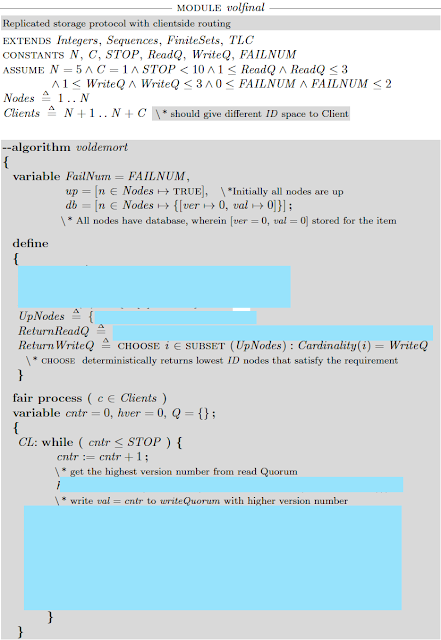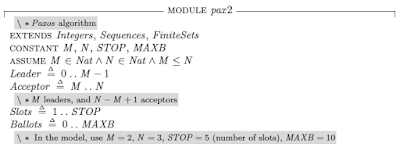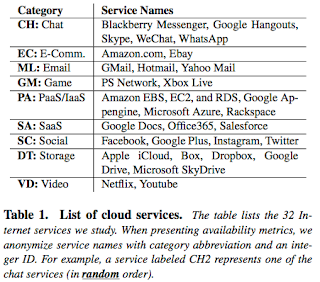How does one get motivated for teaching?
A friend recently complained that, even after years in academia, he never got quite adjusted to teaching. He said he doesn't see much incentive in teaching and found it boring, and asked about how one can get motivated for teaching. This is actually a good question and it is important to get in to the habit of questioning and checking oneself. Here is how I answer this question. I don't need to get motivated for teaching. Teaching is a responsibility bestowed upon me as an academician. So I look at this from a responsibility perspective. I also have responsibilities as a parent, as a husband, or as a driver (if I am the designated driver), and for matters of responsibility, I don't need motivation. I know I should rise to the occasion. Teaching is my service to the students, who really need it. Today students have many alternatives. They can watch a lecture on YouTube, and can find a variety of study material on the Internet. But it is only I that stand in front of ...









